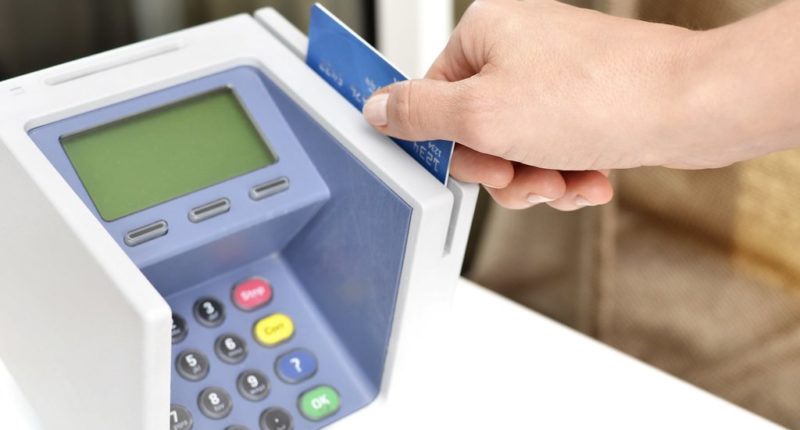Banks facilitating UPI payments will now charge users for peer-to-peer transactions, with an initial 20 transactions being waived off. This came to light through advisories issued by couple of large private sector banks, including Kotak Mahindra Bank and Axis Bank. The charges, which are sure to come as quite a blow to the rapidly growing fintech segment of the Indian economy, will come in to play on April 1st 2020.
Traditionally, charges have been levied by banks for transactions carried out through various means such as NEFT, RTGS, mobile wallets and more. UPI however has been facilitating P2P and P2M transactions free of cost.
The charges that customers have to shed out are according to the value of the transaction. After the first 20 transactions which will be free of cost, users will have to pay INR 2.5 for transactions under or equal to INR 1000 whereas INR 5 will be charged for transactions above that margin. These are exclusive of GST.

The charges are perhaps being put in place to generate some revenue from these UPI transactions. Till date, banks have facilitated, either through their own apps or through 3rd part apps, billions of rapid UPI transactions. But there hasn’t been much to gain in terms of revenue, and the infrastructure that goes behind maintaining such a system doesn’t come cheap.
Do note though, that Kotak Mahindra Bank has clarified that merchant transactions through UPI will continue to remain free of charge, at least for the time being. Other free transactions include online shopping and bill payments.
Earlier in February, Government had already a circular to all banks regarding PSP fee being brought down to 0 (zero). In a circular issued to banks, NPCI had said,
“In line with the GOI’s mandate to waive MDR fees to merchants, the UPI/IMPS Steering Committee in its meeting dated January 27, 2020, and Working Group Committee, in its meeting dated February 14, 2020, endorsed to revise the UPI interchange fees and PSP fees to Zero (0) for all domestic UPI merchant (P2M) transactions for an interim period until April 30, 2020, with retrospective effect from 1st January 2020.”
Launched prior to demonetisation in 2016, the instant real-time payment system has grown to become the backbone of the country’s digital payment industry. The payment tool recorded over 1 Billion monthly transactions in September 2019 while the total transactions added up to 10.78 Billion.
Transactions in the last month added up to about 1.32 Billion and the pattern is expected to continue through March as well. The charges however are expected to cause a sharp decline April onwards.
Last month, the NCPI abolished payment service provider fee on all UPI person-to-merchant transactions until April 30th 2020. The suspension of this fee which generated revenue for banks and UPI apps has made it difficult for these apps to facilitate P2M transactions.
The Tech Portal is published by Blue Box Media Private Limited. Our investors have no influence over our reporting. Read our full Ownership and Funding Disclosure →





